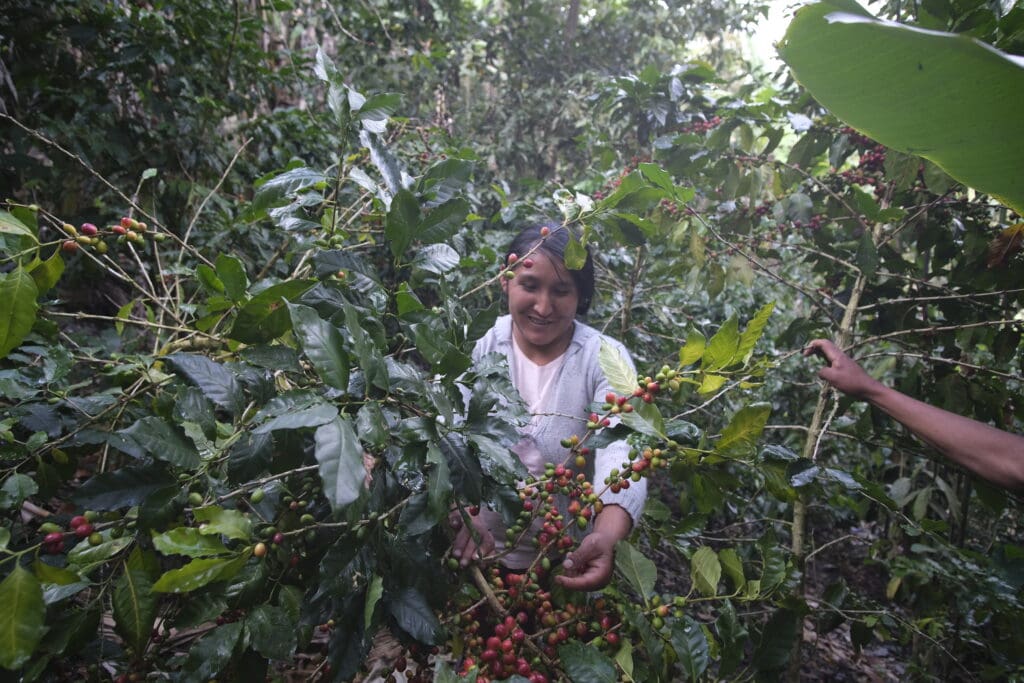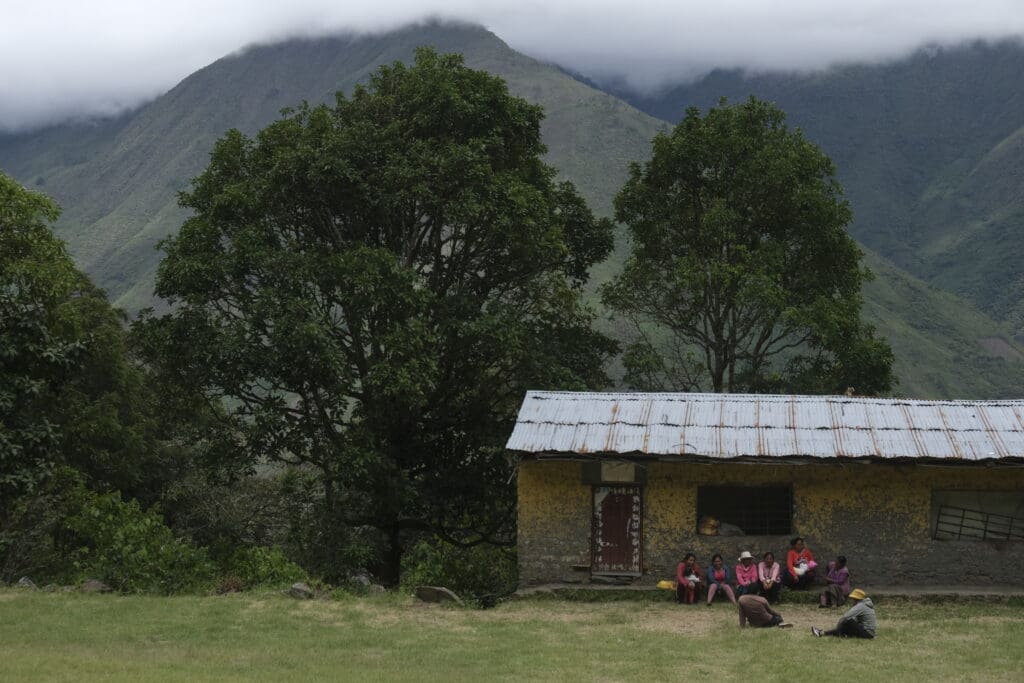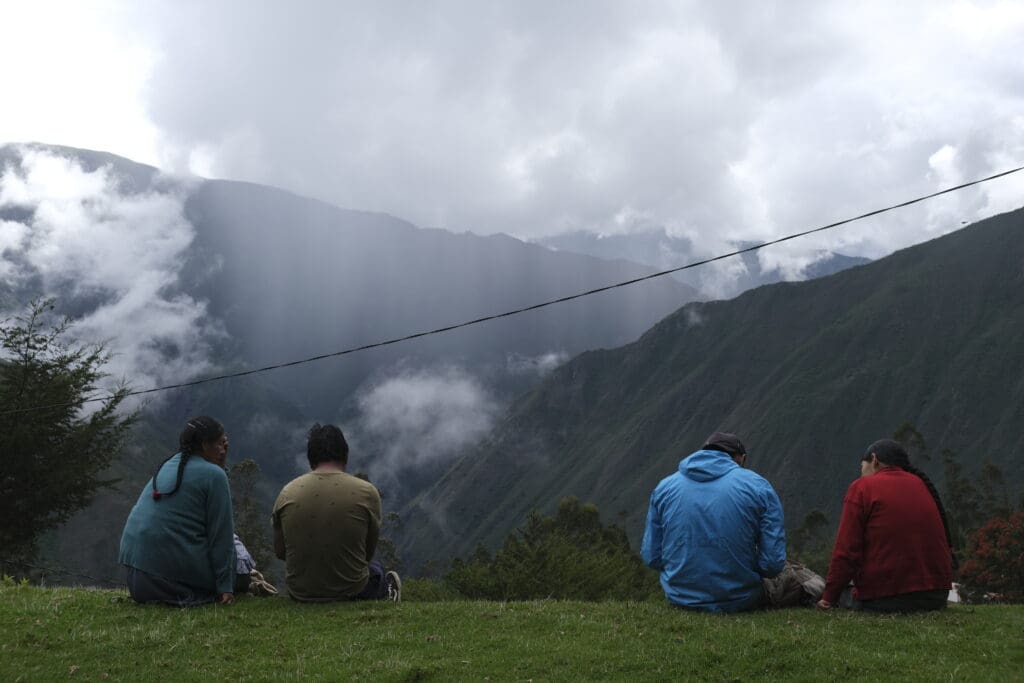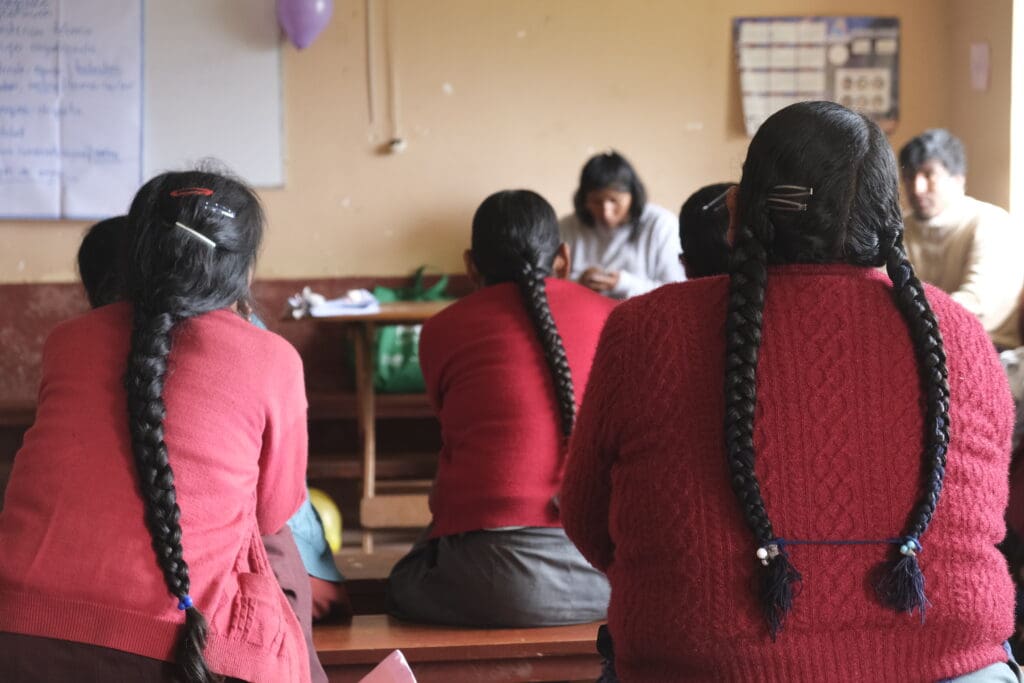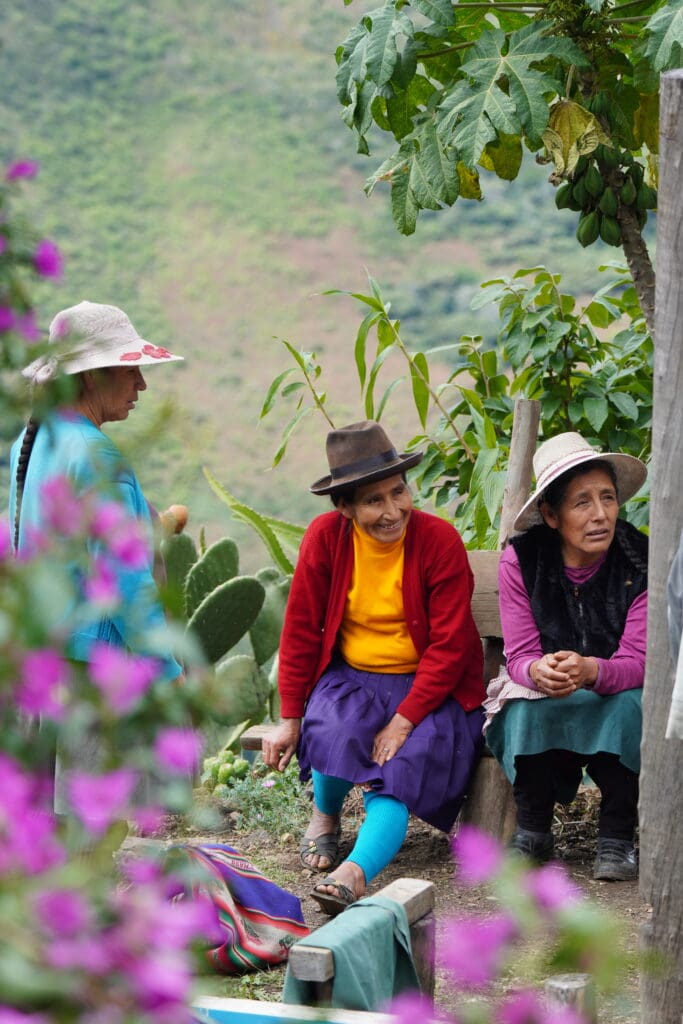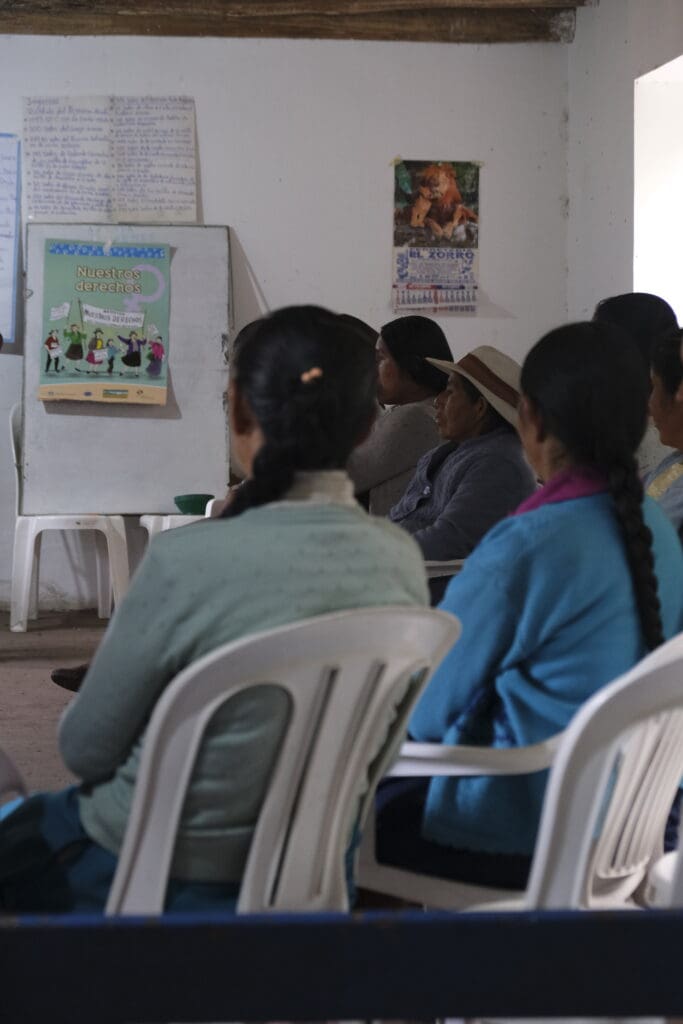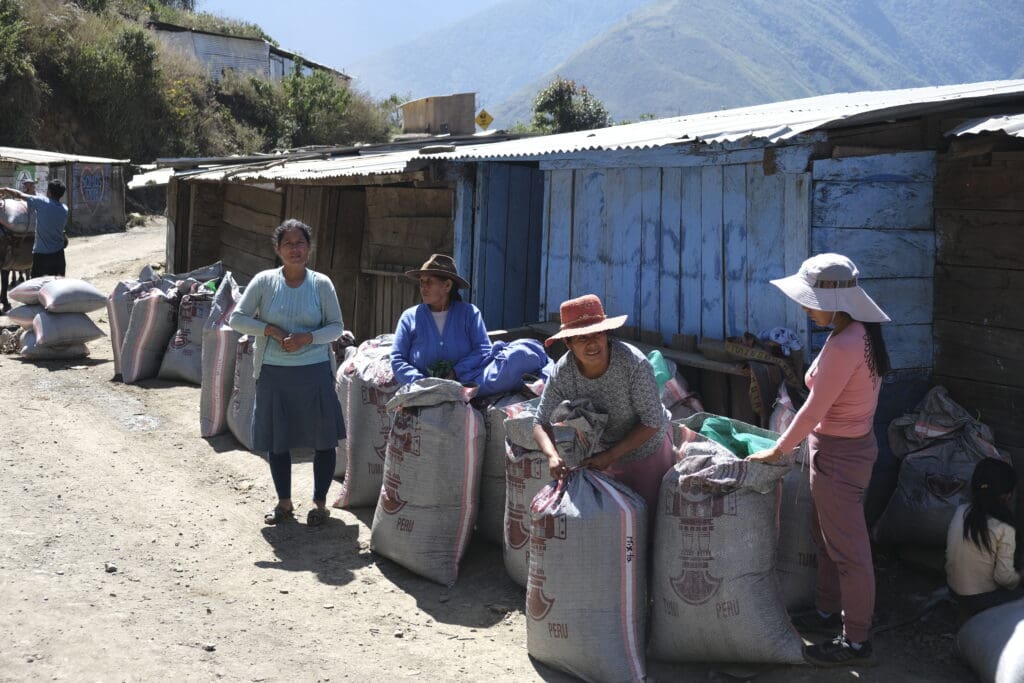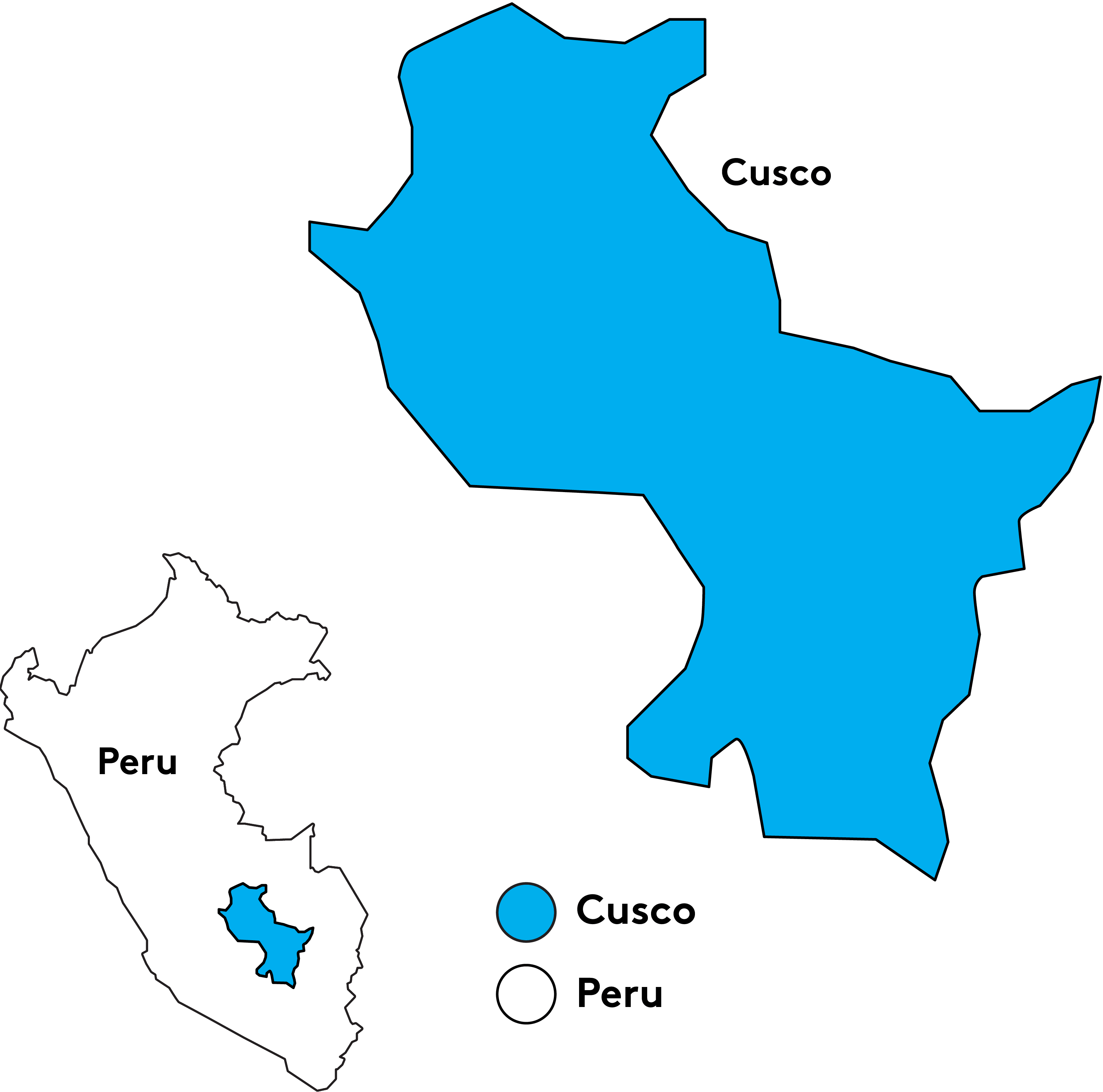Nestled in the communities of Mendosayoc and Juyhuay within the Lacco Valley, where the Andes meet the Amazon rainforest, lies a remarkable story of resilience and transformation. Here, the women of the cooperative are redefining what it means to be leaders in the specialty coffee value chain. Representing 53 associated women, six producers have come together to craft a unique lot that reflects both their dedication and the rich biocultural heritage of their Quechua communities.
While coffee farming in the region has a history spanning over 50 years, the cooperative itself began operations in 2021 and was officially constituted in April 2022. Over these years, farmers have increased their production by an average of 10% annually, alongside an 11% rise in income. Within this context, the women of the cooperative have emerged as a driving force, making decisions independently, honoring local knowledge, and embracing innovation to enhance the quality of their coffee.
Their farms span 9.5 hectares, operating under a sustainable agroforestry system that integrates coffee cultivation with the lush biodiversity of the Tropical Andes. The region, part of the Manu Biosphere Reserve, is a biodiversity hotspot where the unique climate of high altitudes, ample rainfall, and cool temperatures creates ideal conditions for cultivating specialty coffee.
The women have embraced a spirit of experimentation to elevate their coffee’s quality, adopting a double fermentation process that has significantly boosted their cupping scores. The process begins with 72 hours of anaerobic fermentation in GrainPro bags under low-oxygen conditions, followed by a second fermentation lasting 48 hours, with the coffee depulped and retained in the same container. After fermentation, the beans are dried for 10 to 20 days on shaded raised beds, preserving their exceptional quality.
Supported by the Andean Alliance for Sustainable Development, the cooperative has prioritized sustainability throughout the value chain. Demonstration farms in the region showcase advanced agroforestry techniques, focusing on biodiversity conservation, efficient water use, and increased organic production. These efforts underscore coffee’s potential as a sustainable land-use crop, helping preserve one of the world’s most biodiverse ecosystems while empowering its producers.
This coffee is more than a product—it is a testament to the legacy of the Quechua communities and the power of women in reshaping the coffee industry. Every sip tells a story of biocultural diversity, ancient agricultural lineage, and a commitment to sustainability. Profits from sales are reinvested into the project, ensuring fair earnings for farmers and ongoing improvements in production practices. By purchasing this coffee, you are directly supporting the visibility and leadership of women who are challenging and transforming centuries-old gender norms in the industry.
Each cup is a celebration of the harmony between nature and tradition, the perseverance of small-scale farmers, and the vibrant future being built by the women of Mendosayoc and Juyhuay.
Other Resources:
https://aasd.maps.arcgis.com/apps/dashboards/28a5dedccaaf4178867d14c320a2696e
